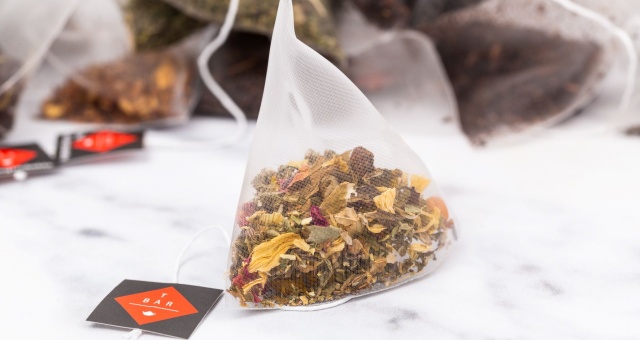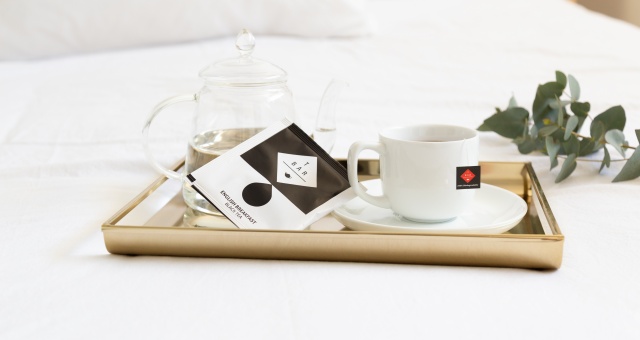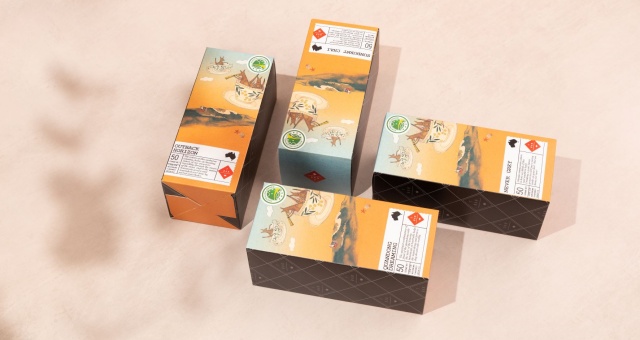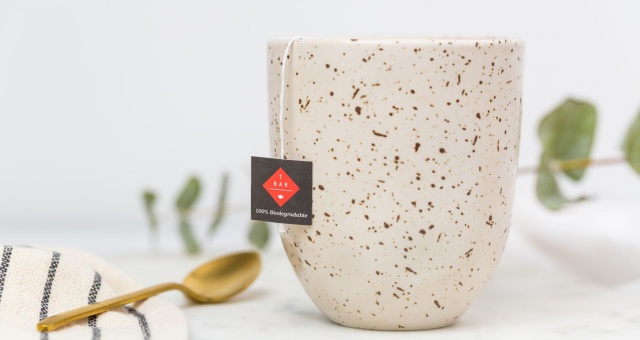Only water sits ahead of tea as the world’s most popular and widely consumed beverage, and it’s a primary ingredient in it anyway. Tea ranks higher than coffee, orange juice, beer and wine and it’s easy to see why. Made right, there is little else like it, with the aroma, flavour, warmth and comfort combining to almost instantly turn around any negative mood.
There is no slowing down in the momentum of tea. Thirty years ago, more than 2.5 billion tonnes of it was consumed each year. This has now climbed to 6.2 billion tonnes. And considering an average cup of tea contains only around two grams of the stuff, to get to 6.2 billion tonnes is a considerable amount. Euromonitor estimates around 3.7 billion cups of tea are consumed every day.
Mood aside, much can be gained from a good cup of tea and consumers everywhere are rapidly moving beyond the traditional English Breakfast and Earl Grey blends. While mint infused teas have been around for a long time and their therapeutic benefits well established, more people are building on this base and experimenting with new flavours, extracting slight variations which are cultivating fan clubs in their own right.
For hoteliers, acutely aware of the modern-day power of guest reviews, far more attention is being made these days to the little things. Small gestures and accompaniments that a guest may find useful, even if they don’t actually use it, can go a long way to highlighting a property’s standing in a crowded marketplace. Even something as seemingly insignificant as a variety of tea bags, thus giving that choice to indulge in a carefully sourced brew, can be a goldmine for feedback.
Peggy Veloudos, Co-Founder of Australian owned and operated tea supplier, T BAR, said tea truly has the capability of making things better.
“Tea in both hotel rooms and hotel service areas, whether in meeting rooms or hotel function and ballrooms, have guests expecting quality first, teas that don’t produce high levels of tannin, smoother blends, and blends that will make their stay enjoyable,” Veloudos said.
While it is important that the traditional favourite blends like English Breakfast and Earl Grey are retained, Veloudos added, the company stocked a huge variety of herbal blends, green teas, white tea and oolongs, all ethically sourced among its stock of over 120 blends.
“It’s the small things like tea that leave a huge, lasting impression on your guests, always reminding them of their time in your establishment, sipping on a quality cuppa allowing them to relax, unwind and take in the moment.
“Whether in loose-leaf or teabag form, wellness tea offerings have made an increase, with consumers becoming more and more health conscious. Organic tea blends and wellness teas are on the rise, giving guests the feeling that the hotel they have carefully selected to stay at makes conscious choices about their offerings.”
“Researching the brand that you are offering your guests is so important and they will thank you for it,” Veloudos added.
Some of the company’s most popular blends among its hotel clients include ‘Prosperi-T’ Black Chai, ‘Night-T’ sleep assist blend, Ginger and Lemongrass, Organic China Green Sencha and of course Organic English Breakfast.
As T BAR states – ‘it’ll make them come back’.




